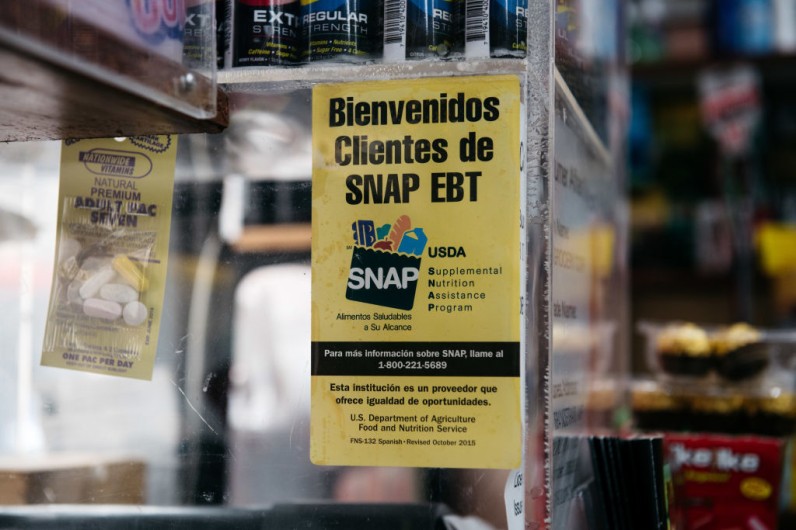
Starting from Monday, July 1, Florida has implemented stricter requirements for using food stamps.
The federal Supplemental Nutrition Assistance Program (SNAP) benefits provides a means for individuals and families with limited income to purchase wholesome and nourishing food options.
Florida Tightens SNAP Benefits Eligibility
Last year in June, the Fiscal Responsibility Act of 2023 made changes to the work requirement for SNAP benefits. The age limit for able-bodied adults without dependents was increased from 49 to 52, and it will be further expanded to 54 starting this October, according to USA Today.
Certain individuals, such as pregnant individuals, homeless individuals, veterans, individuals with physical or mental limitations, and individuals aged 24 or younger who were in foster care on their 18th birthday, are exempt from this.
In November of last year, the Florida Department of Children and Families made changes to the federal SNAP program at the state level. They broadened the eligibility criteria to include adults up to the age of 59 and also increased the required hours for the employment and training program (SNAP E&T) from 80 to 120 hours per month.
A bill passed this year has now made it a state law that individuals, and in certain cases, entire households, may face sanctions and lose SNAP benefits if they do not meet the necessary requirements or fail to submit the required reports.
Gov. DeSantis Signs Law to Aid Families, Promote Self-Sufficiency
Meanwhile, a new law signed by Gov. Ron DeSantis aims to provide additional assistance to families in need, with the goal of promoting self-sufficiency, according to the bill's sponsor.
DeSantis has recently signed House Bill 1267, bringing about revisions to the tenants of various widely utilized public assistance programs in Florida.
These programs encompass a range of social assistance initiatives, such as Medicaid, the Supplemental Nutrition Assistance Program (SNAP), Temporary Assistance for Needy Families (TANF), and Temporary Cash Assistance.
The bill is sponsored by a member of the House of Representatives, Adam Anderson, from Tarpon Springs. It aims to tackle the issue of the "benefits cliff" that arises when a household's income increases slightly, leading to the loss of their benefits. This may pose a challenge for families and deter them from achieving financial independence.
Participants in the program are required to provide documentation demonstrating their employment status, active job search, enrollment in vocational training, or attendance at an educational institution. Work requirements now include the inclusion of adult general education and high school equivalency exam preparation.
Moreover, a new program called School Readiness Plus will be established to offer financial support to families, enabling parents to continue accessing affordable child care. A total of $23 million has been allocated to the Florida Department of Education for the implementation of the School Readiness Subsidy Program, according to The Laker.







Join the Conversation